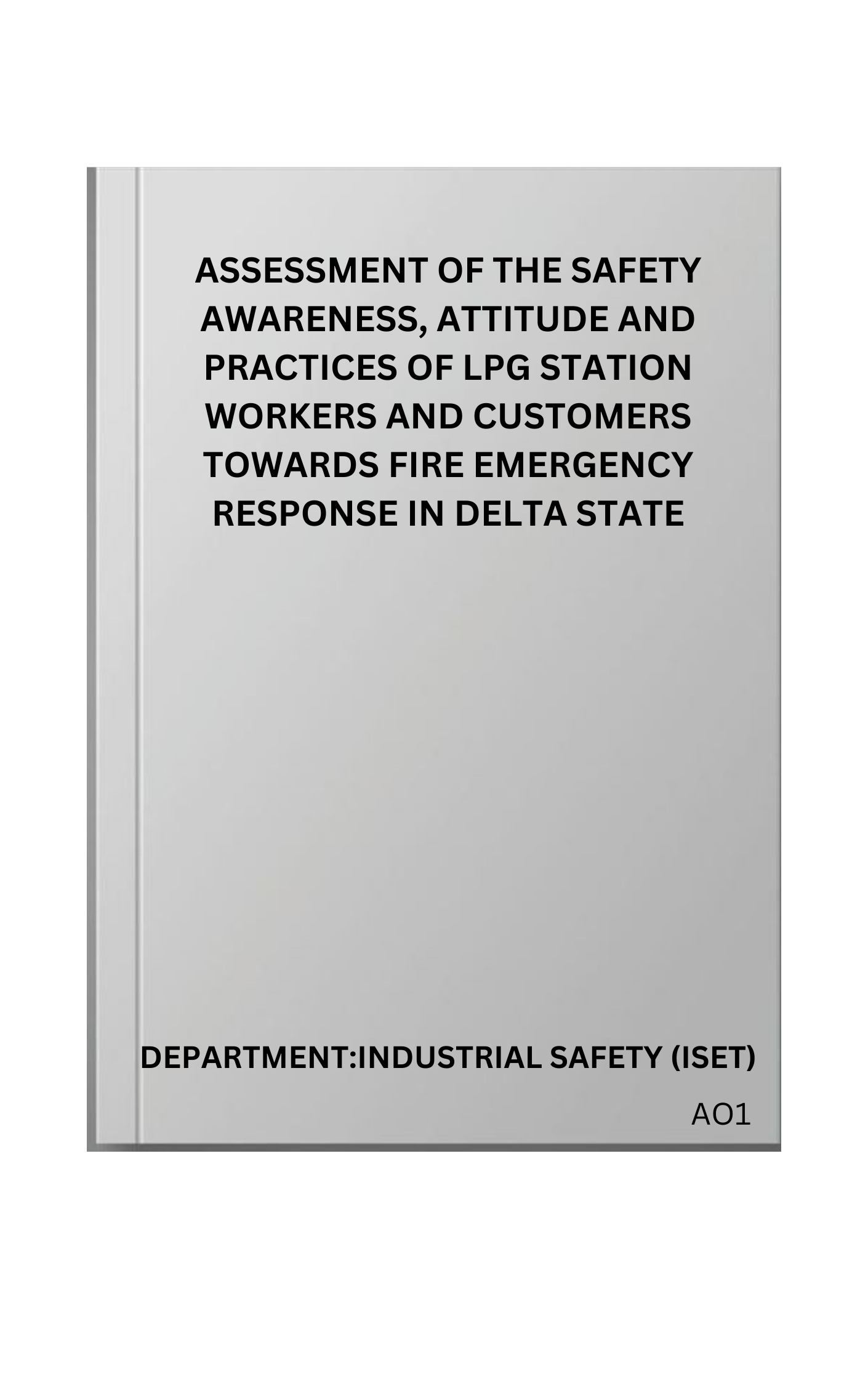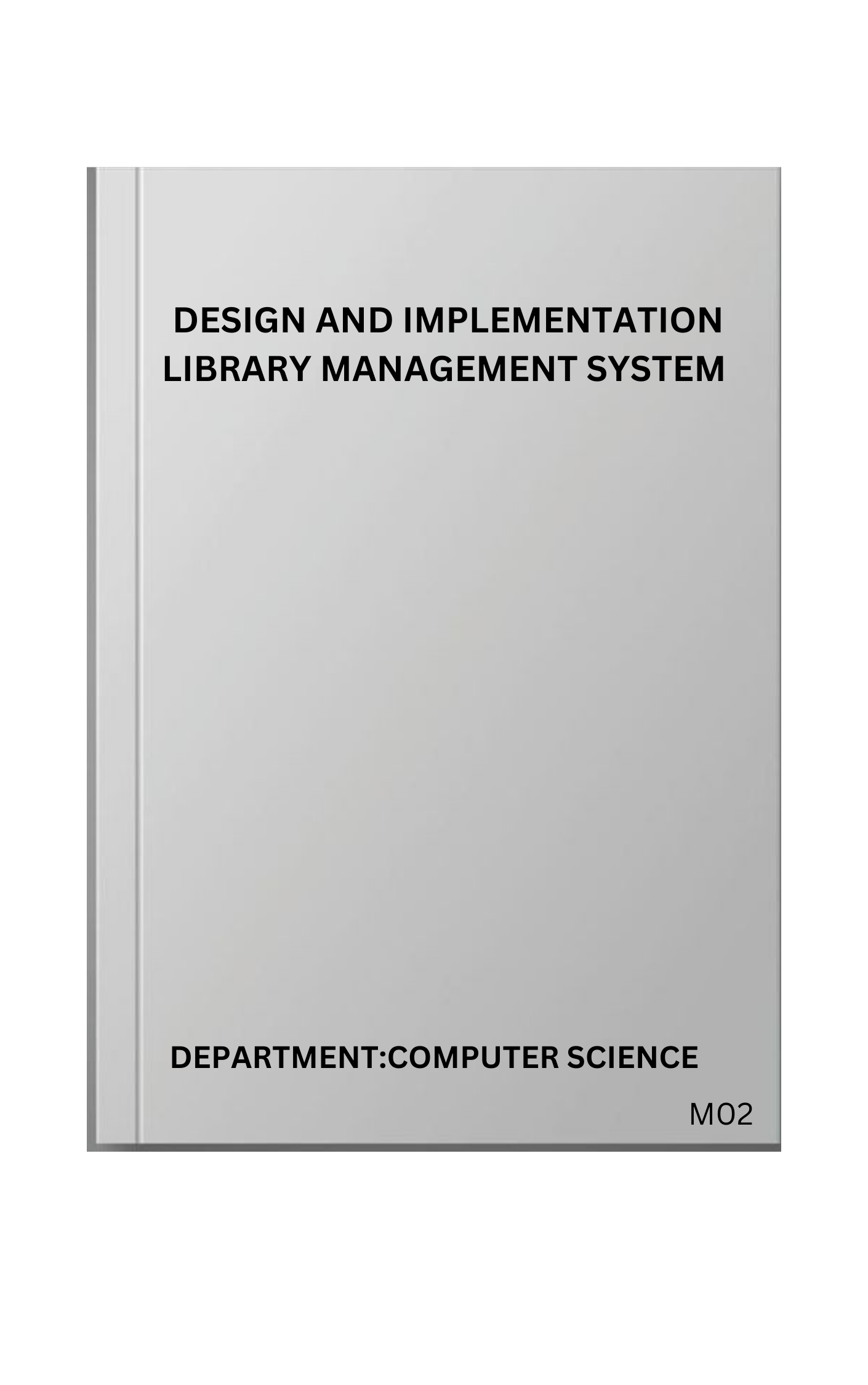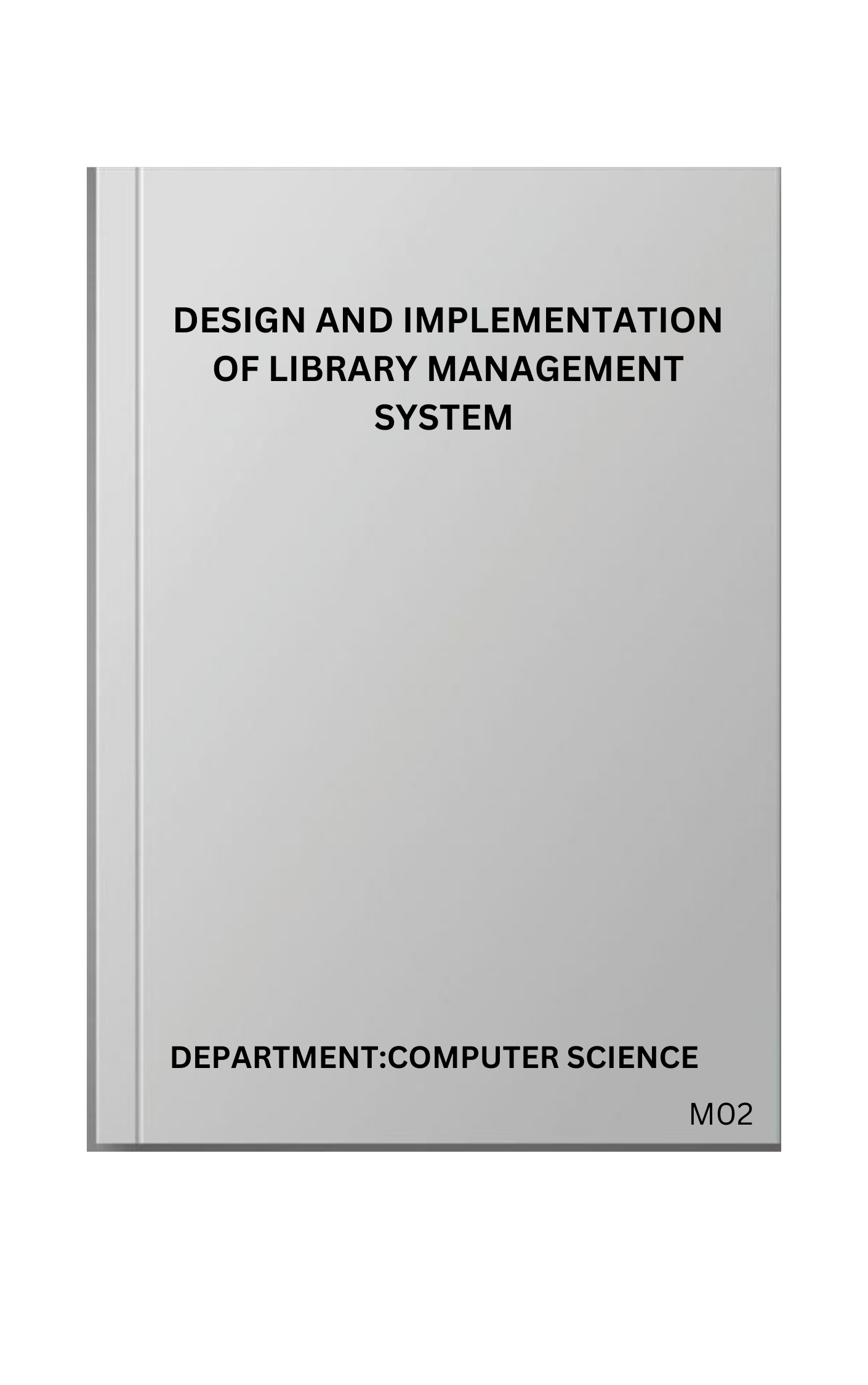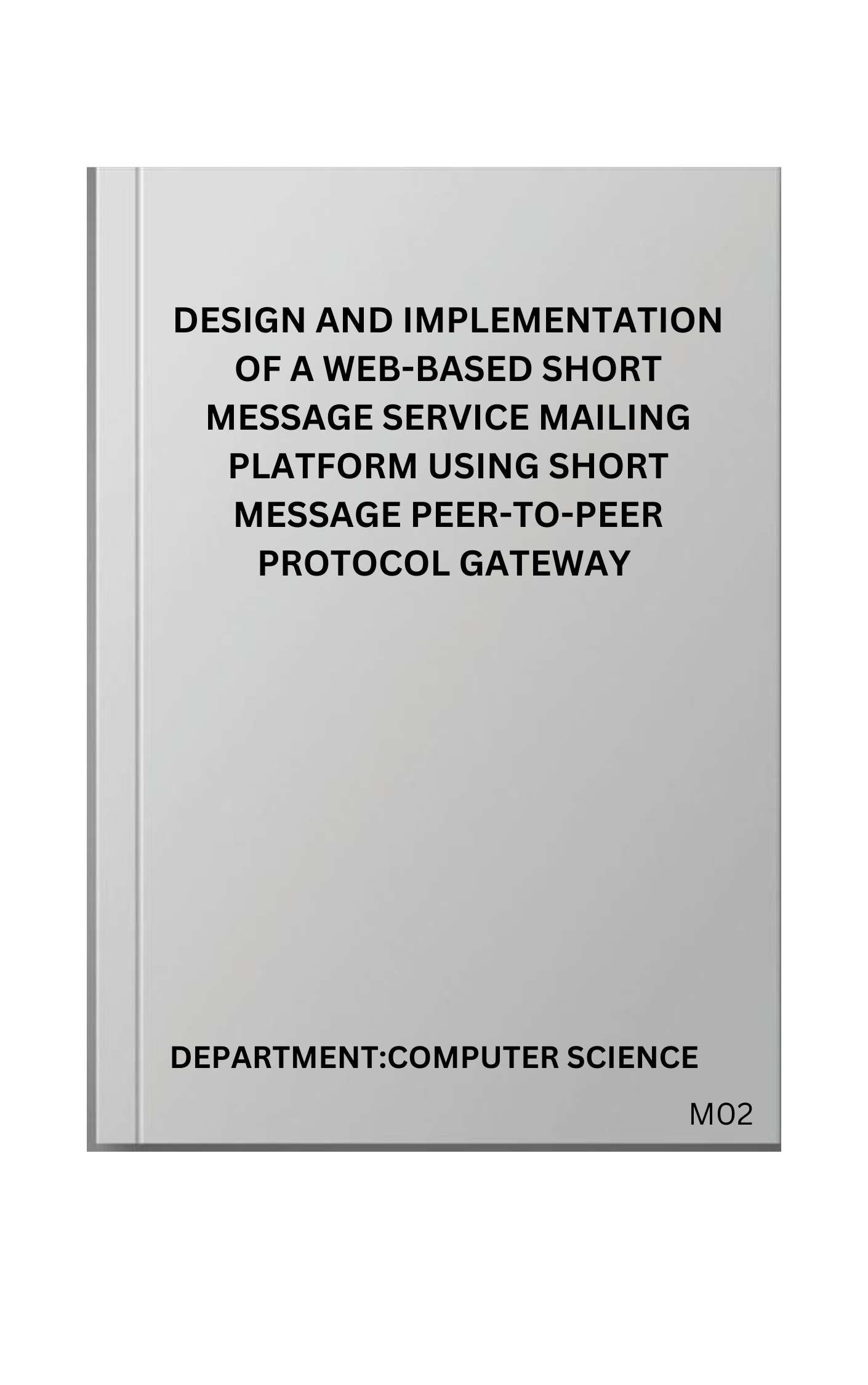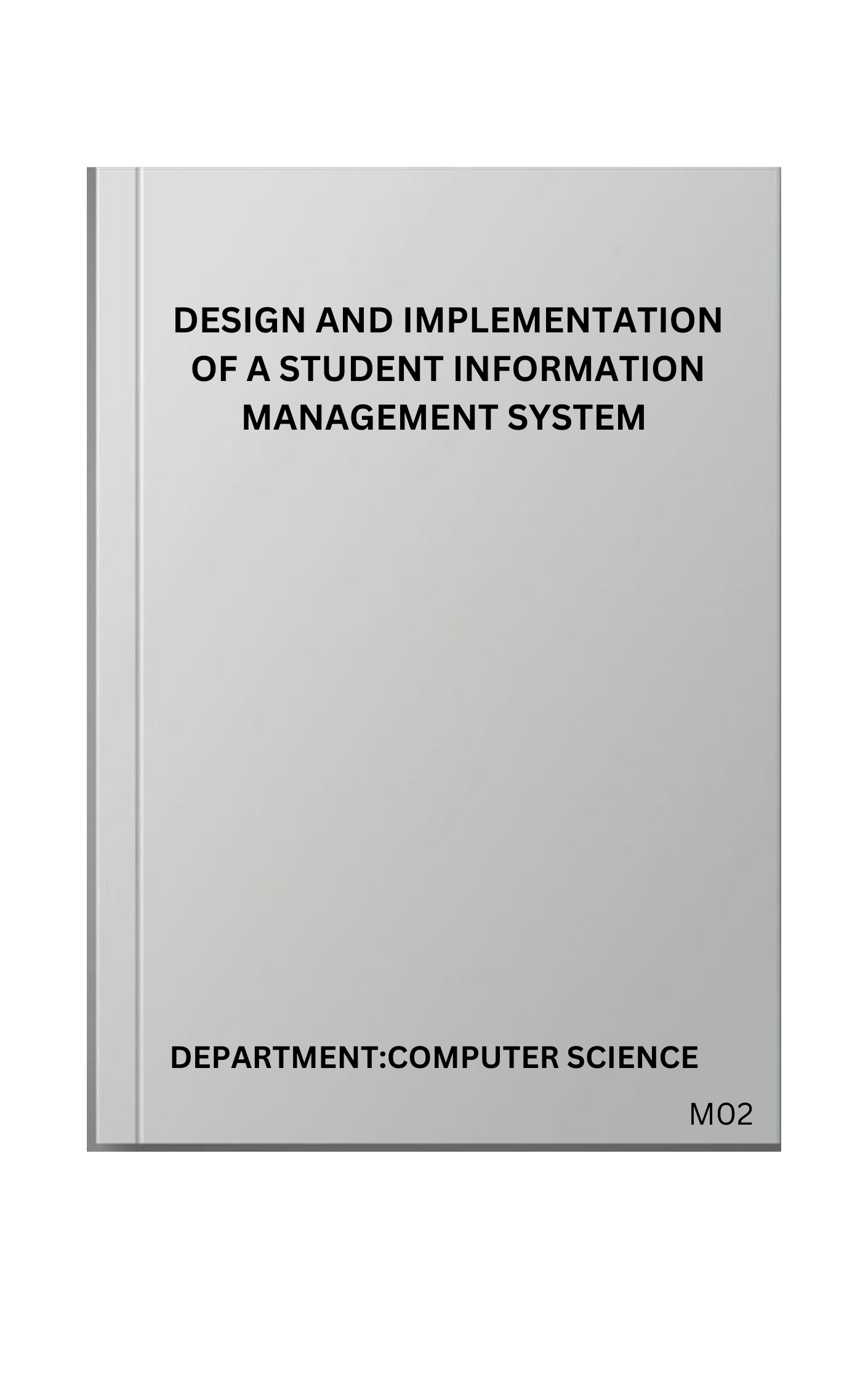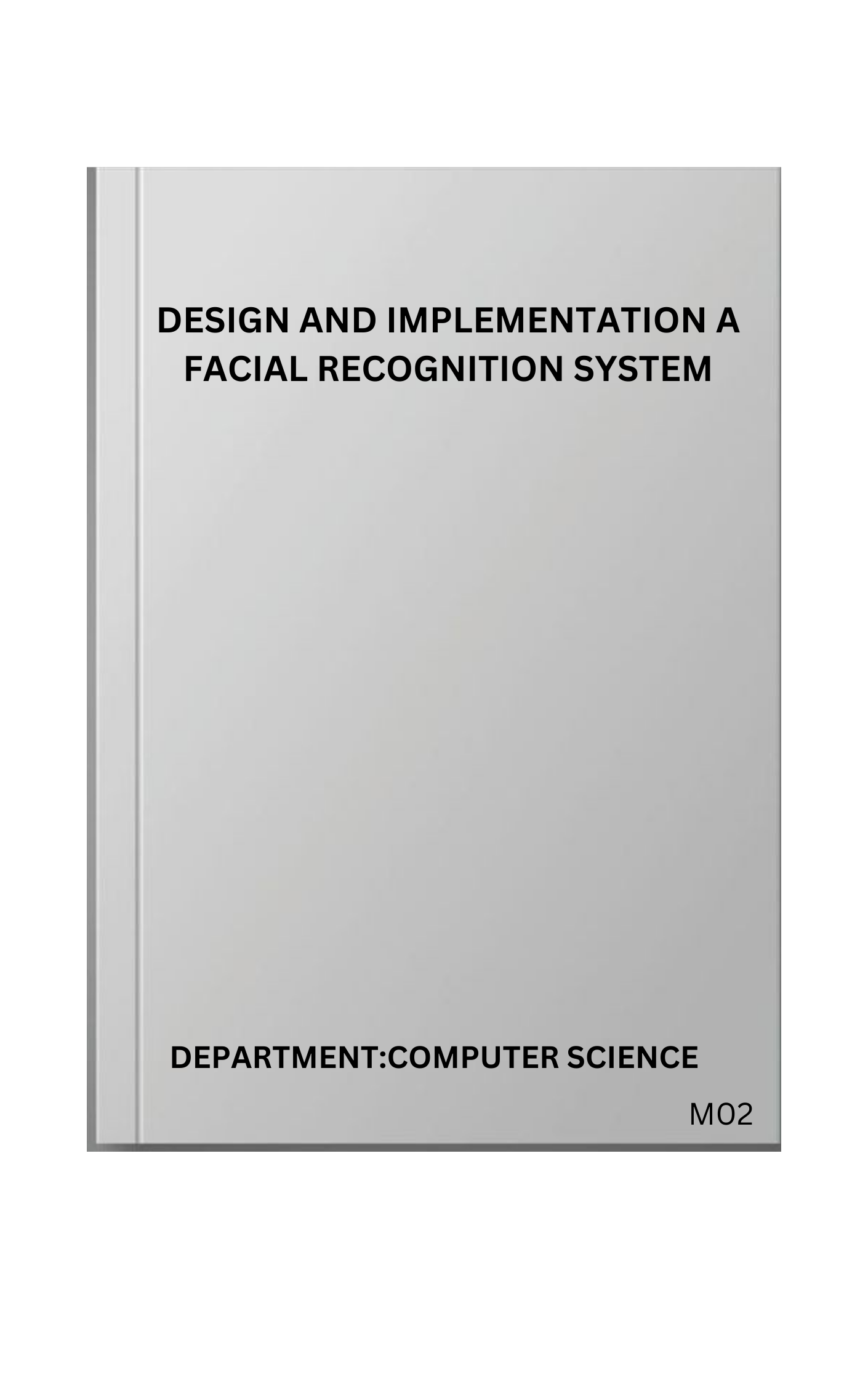CHAPTER ONE: INTRODUCTION
1.1 Background of Study
The banking sector serves as a critical pillar in any economy by facilitating financial transactions, providing credit, and driving economic growth. In recent years, competition within the banking industry has intensified, requiring banks to focus not only on their financial services but also on their customer relationships to maintain a competitive edge. The relationship between bank staff and customers plays a crucial role in determining the bank's success. Positive interactions between staff and customers foster trust, satisfaction, and loyalty, which directly influence the overall organizational performance of banks (Mohammed, Danjuma, & John, 2022).
In the Nigerian banking context, the quality of customer service has become a key differentiating factor for banks. As customers are increasingly informed and demand higher levels of service, banks are under pressure to improve staff-customer interactions. This is particularly true for banks in regions like Effurun, where customers' expectations for personalized and responsive service are growing. A well-managed staff-customer relationship enhances customer satisfaction and retention, both of which are critical for long-term profitability and operational success.
Studies have shown that staff engagement, effective communication, and positive attitudes are essential elements of a good customer relationship, contributing to a bank's ability to attract and retain customers. Engaged staff are more likely to understand customer needs and provide timely, relevant solutions, leading to higher levels of satisfaction (Mohammed, Danjuma & John, 2022). Additionally, clear and effective communication with customers fosters trust and transparency, which are key to maintaining long-term relationships in the banking sector (Odubo & George, 2024).
Moreover, staff training in customer relationship management (CRM) has become an increasingly important strategy for banks seeking to improve their organizational performance. Banks that invest in training programs focused on enhancing staff-customer interactions tend to see improved service quality and a stronger reputation in the market. Effective CRM training enables staff to handle customer complaints more efficiently, resolve issues quickly, and anticipate customer needs, all of which contribute to increased customer loyalty and, ultimately, improved financial performance (Rahman, Olanrewaju, Mojisola & Adebayo, 2018).
Given the crucial role of staff-customer relationships in shaping the overall performance of banks, this study aims to explore the dynamics of these relationships within banks located in Effurun and its environs. By investigating factors such as staff engagement, communication, attitudes, and training, the study seeks to provide insights into how these elements impact the operational and financial outcomes of banks in the region.
1.2 Statement of problem
In recent years, banks in Nigeria have faced various challenges, including increased competition, rapid technological advancements, and fluctuating customer loyalty. Despite efforts to improve service delivery, many banks still struggle with maintaining strong customer relationships. Poor communication, disengaged staff, and negative staff attitudes often lead to customer dissatisfaction, which can affect the bank’s reputation and financial outcomes (Odubo & George, 2024). Furthermore, inadequate staff training in customer relationship management has led to inefficient customer service, resulting in a loss of customers to competitors.
In response to this problem this research work seeks to investigate the impact of staff-customer relationships on organizational performance of banks in Effurun and its environs.
1.3Research Questions
The research questions are as follows;
1.Does the level of staff engagement with customers affect the overall performance of the bank?
2.Does effective communication between staff and customers enhance customer loyalty in the banking sector?
3.Does the staff’s attitude towards customers directly affect customers loyalty?
4.Does staff training on customer relationship management improve organizational performance in the banking sector?
PAY TO GET COMPLETE PROJECT






















































